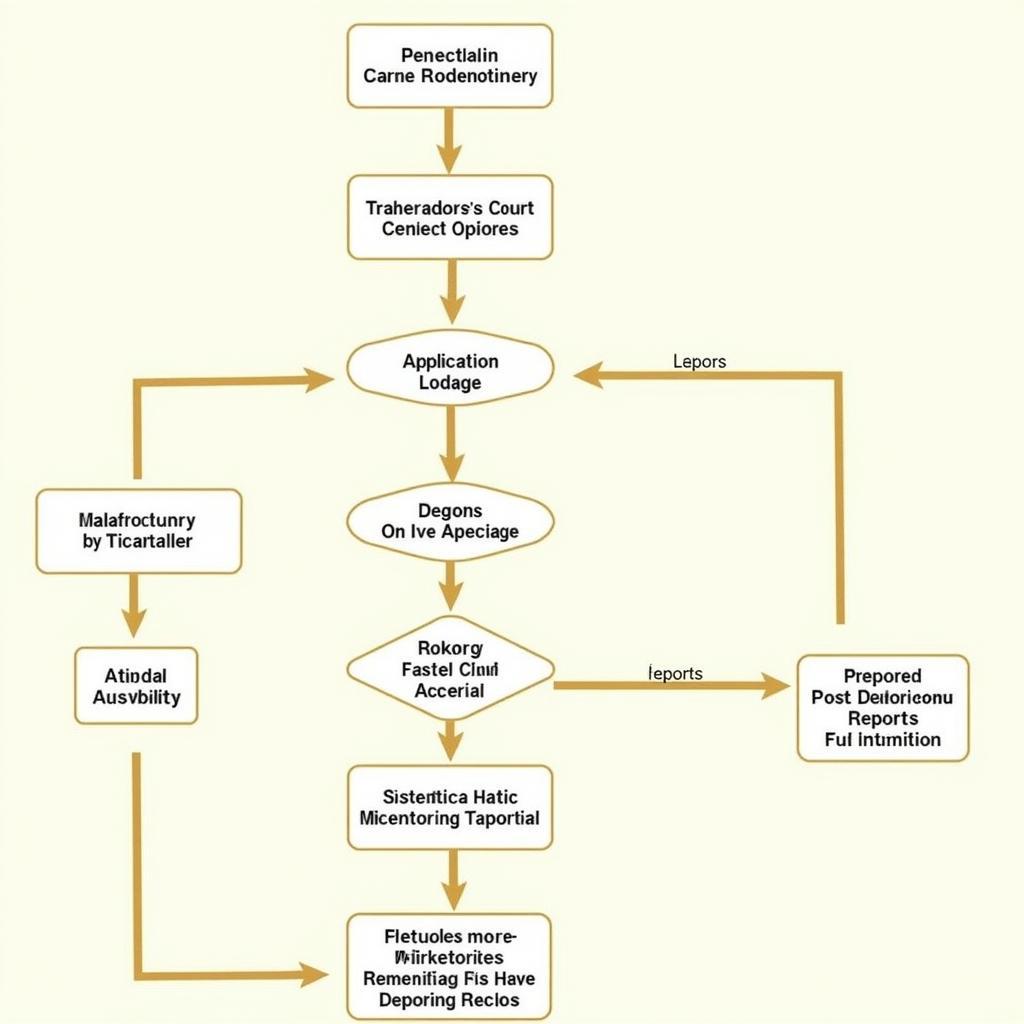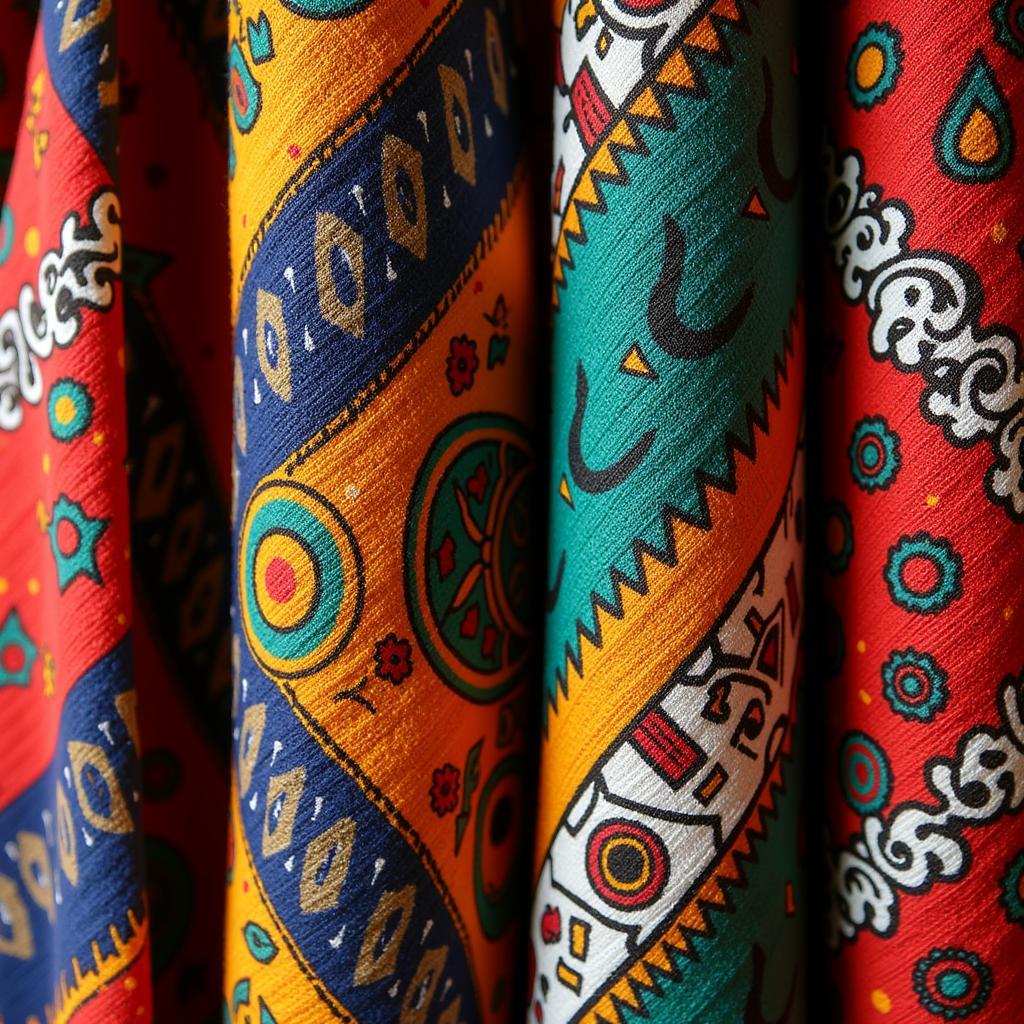The Journey of an African Boy Adopted: A Story of Love and Culture
The heartwarming and often complex journey of an African Boy Adopted into a new family and culture is a story of love, resilience, and cross-cultural understanding. This article delves into the multifaceted aspects of international adoption, focusing on boys from the African continent and exploring the joys, challenges, and cultural considerations involved. We’ll look at how to navigate this unique experience with sensitivity and support, fostering a strong sense of belonging for the child. After the initial period of adjustment, families find great reward in expanding their family through adoption.
The process of adopting an African boy, like any international adoption, involves legal procedures, cultural adjustments, and a commitment to nurturing a child’s identity. It is essential for prospective parents to be well-informed and prepared for the journey ahead. Understanding the specific cultural background of the child is crucial for creating a supportive and loving environment. Connecting with other families who have adopted children from Africa can provide invaluable support and shared experiences. This connection can be especially helpful during the initial transition period, offering practical advice and emotional support.
Navigating the Adoption Process for an African Boy
Adopting a child from Africa involves a series of legal steps that vary depending on the country of origin and the adoptive parents’ country of residence. It’s crucial to work with reputable adoption agencies that specialize in intercountry adoptions and are well-versed in the specific regulations of the African countries they work with. These agencies can guide prospective parents through the legal complexities and ensure ethical practices are followed.
Understanding the Legal Landscape of International Adoption
International adoption laws are designed to protect the rights and well-being of children. Understanding the legal framework is paramount for prospective parents. This includes researching the Hague Convention on Intercountry Adoption and its implications for the adoption process. The Hague Convention sets international standards for intercountry adoptions to ensure that they are carried out in the best interests of the child.
Building a Bridge Between Cultures
Raising an African boy adopted into a different culture necessitates a conscious effort to bridge the gap between his birth culture and his new environment. This involves learning about his country of origin, its traditions, languages, and history. It’s an enriching experience for the entire family. Resources such as books, cultural centers, and online communities can help families understand the nuances of African cultures. For example, learning about African Gandhi Who can provide insightful historical context.
Creating a Supportive Environment for Your Adopted Son
Creating a loving and supportive home is paramount for any adopted child, especially one who has experienced significant life changes. An African boy adopted into a new family needs to feel secure, loved, and accepted. Open communication is key to building a strong parent-child bond.
Fostering a Sense of Belonging and Identity
Encouraging your adopted son to explore his African heritage is vital for developing a strong sense of identity. This can involve connecting him with African communities, exposing him to African music, art, and literature, and supporting him in learning about his birth family and culture. Even learning about African boy names that start with s can be a fun and educational experience.
Addressing Potential Challenges and Seeking Support
Adopting an African boy can present unique challenges, such as navigating racial and cultural differences, addressing identity issues, and dealing with potential trauma. It is essential to seek support from adoption professionals, therapists, and support groups. These resources can provide guidance and practical advice for navigating the complexities of transracial adoption. Understanding the historical context, like the struggle of the South African people against apartheid, can provide valuable insights.
Dr. Adeola Obasanjo, a renowned child psychologist specializing in cross-cultural adoption, states, “It’s crucial to create an environment where the child feels safe to explore their identity and ask questions about their background.” This emphasizes the importance of open communication and creating a space for the child to express themselves freely.
Embracing the Richness of African Culture
Embracing the richness and diversity of African culture enriches not only the life of the adopted child but also the entire family. It broadens perspectives, fosters understanding, and celebrates the beauty of human connection across cultures. Learning about different communities, such as the African Jews, can expand the family’s understanding of the diverse tapestry of African heritage.
In conclusion, the journey of an African boy adopted into a new family is a testament to the power of love, resilience, and cross-cultural understanding. By embracing the child’s heritage, navigating the adoption process with sensitivity, and creating a supportive environment, families can embark on a fulfilling and enriching experience that celebrates the beauty of diversity. This journey requires preparation, commitment, and a willingness to learn and grow together. Adopting an African boy is not just about adding a member to the family; it’s about embracing a rich cultural heritage and building a bridge between continents and hearts.
FAQ
- What are the legal requirements for adopting a child from Africa? The legal requirements vary depending on the child’s country of origin and the adoptive parents’ country of residence.
- How can I help my adopted son connect with his African heritage? Connecting him with African communities, exposing him to African music, art, and literature can help.
- What are some common challenges faced by families who adopt children from Africa? Navigating racial and cultural differences and addressing identity issues are some common challenges.
- Where can I find support resources for international adoption? Reputable adoption agencies, therapists, and support groups specializing in international adoptions can provide support.
- How can I prepare my family for transracial adoption? Educating yourself about the child’s culture and seeking guidance from adoption professionals are crucial steps.
- How important is it to maintain contact with the child’s birth culture? Maintaining contact with the birth culture helps the child develop a strong sense of identity.
- What are the long-term benefits of transracial adoption? Transracial adoption can enrich the lives of both the child and the family, fostering cross-cultural understanding and celebrating diversity.
For further information on African American fashion of the 1930s, explore our article on African American fashion 1930s.
Need support? Contact us 24/7: Phone: +255768904061, Email: [email protected], Address: Mbarali DC Mawindi, Kangaga, Tanzania.


